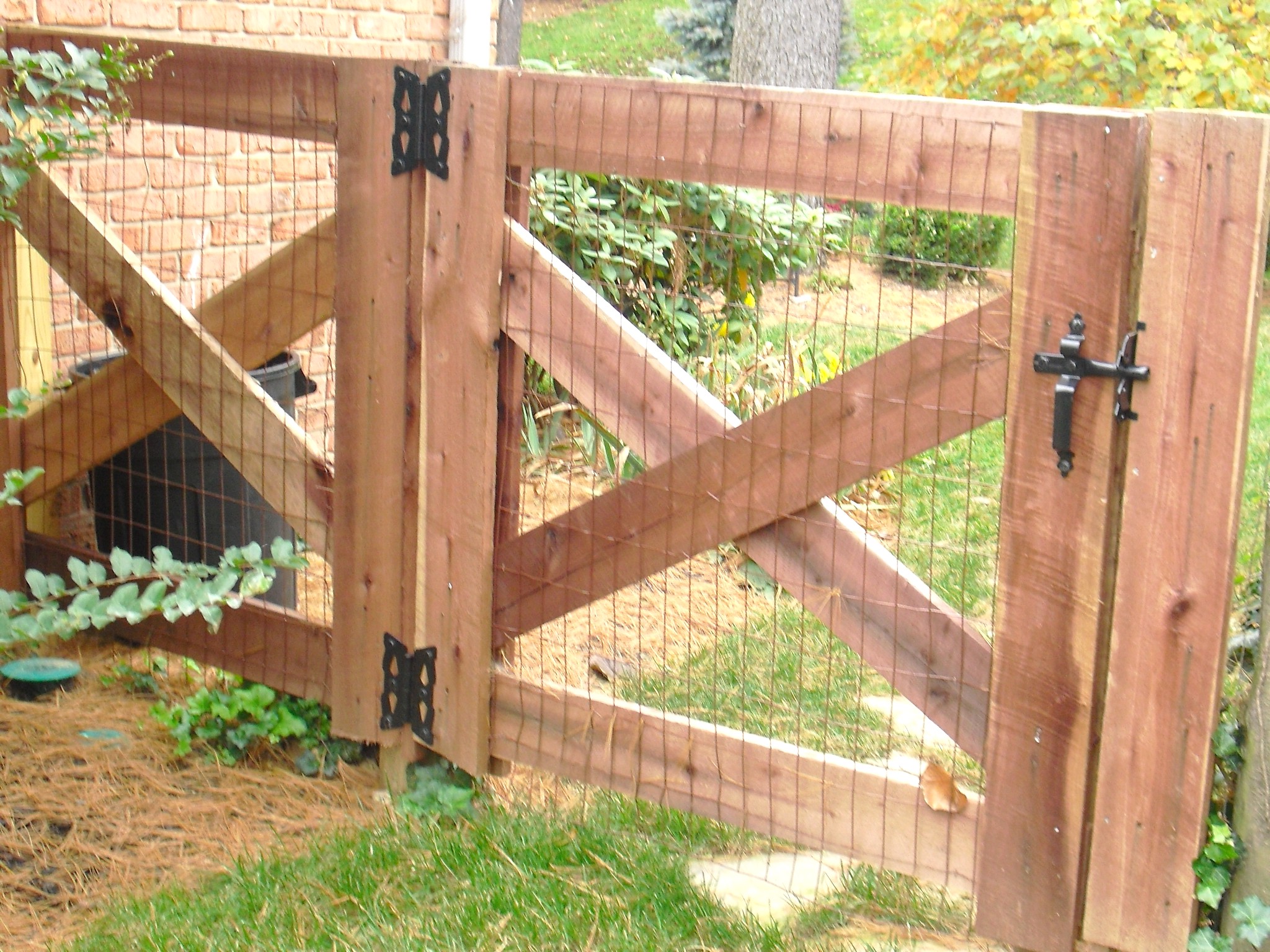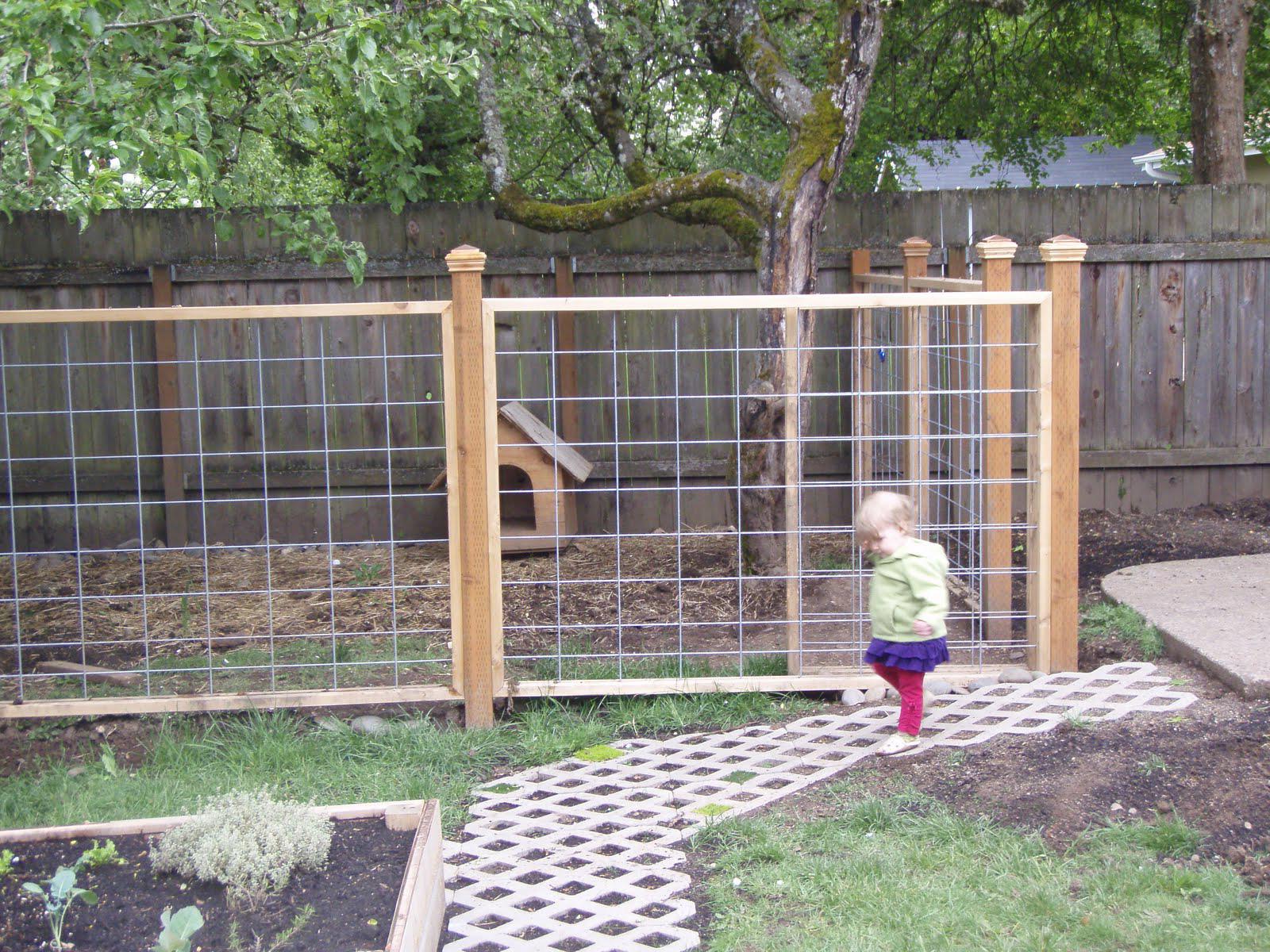
Introduction
Keeping your dog safe and secure is a top priority for any pet owner. One effective way to do so is by installing a dog fence. Dog fences not only provide a boundary for your furry friend but also serve as a deterrent to prevent them from wandering off or getting into potentially dangerous situations. In this article, we will explore various dog fence ideas to help you choose the perfect option for your canine companion.

Why Use a Dog Fence?
A dog fence offers numerous benefits for both you and your dog. Here are some compelling reasons to consider installing one:
- Ensures the safety of your dog by keeping them within a designated area
- Prevents dogs from escaping or straying away
- Keeps your dog away from potential dangers such as busy roads or hazardous areas
- Allows your dog to enjoy outdoor activities while being supervised
- Protects your garden or property from being damaged by your dog

Types of Dog Fences
There are various types of dog fences available, each with its own advantages and considerations. Let's explore some popular options:
1. Traditional Wooden Fences
Traditional wooden fences provide a classic and sturdy option for containing your dog. They offer privacy and can be customized to match your home's aesthetic. However, it's essential to ensure that there are no gaps or loose boards where your dog can escape.

2. Electric Dog Fences
Electric dog fences use a buried wire or wireless technology to create an invisible boundary. When your dog approaches the boundary, they receive a mild electric stimulation through a collar. This type of fence is effective for dogs who are responsive to training and can be a good option for larger properties.
3. Chain Link Fences
Chain link fences are a popular choice for many dog owners. They are durable, cost-effective, and provide visibility for both you and your dog. It's important to choose a fence with small enough gaps to prevent smaller dogs from squeezing through.

4. Vinyl Dog Fences
Vinyl dog fences offer a low-maintenance and aesthetically pleasing option. They are resistant to weather conditions and provide a secure enclosure for your furry friend. However, they may not be suitable for dogs who like to chew or scratch at the fence.
5. Invisible Dog Fences
Invisible dog fences work similarly to electric dog fences but without the physical barrier. They use radio signals to create a boundary, and your dog wears a collar that emits a warning sound or vibration when they approach the boundary. This type of fence requires proper training to ensure your dog understands the boundary.

Tips for Choosing a Dog Fence
Here are some essential factors to consider when selecting a dog fence:
- Size and breed of your dog
- Property size and layout
- Budget and maintenance requirements
- Local regulations and homeowner association rules
- Your dog's behavior and response to training
Conclusion
Choosing the right dog fence is crucial to ensure the safety and well-being of your furry friend. Whether you opt for a traditional wooden fence, an electric dog fence, or any other type, make sure it suits your dog's needs and your property requirements. By providing a secure boundary, you can allow your dog to enjoy outdoor activities while giving yourself peace of mind. Remember to consult professionals or experts if you need assistance in selecting and installing a dog fence.